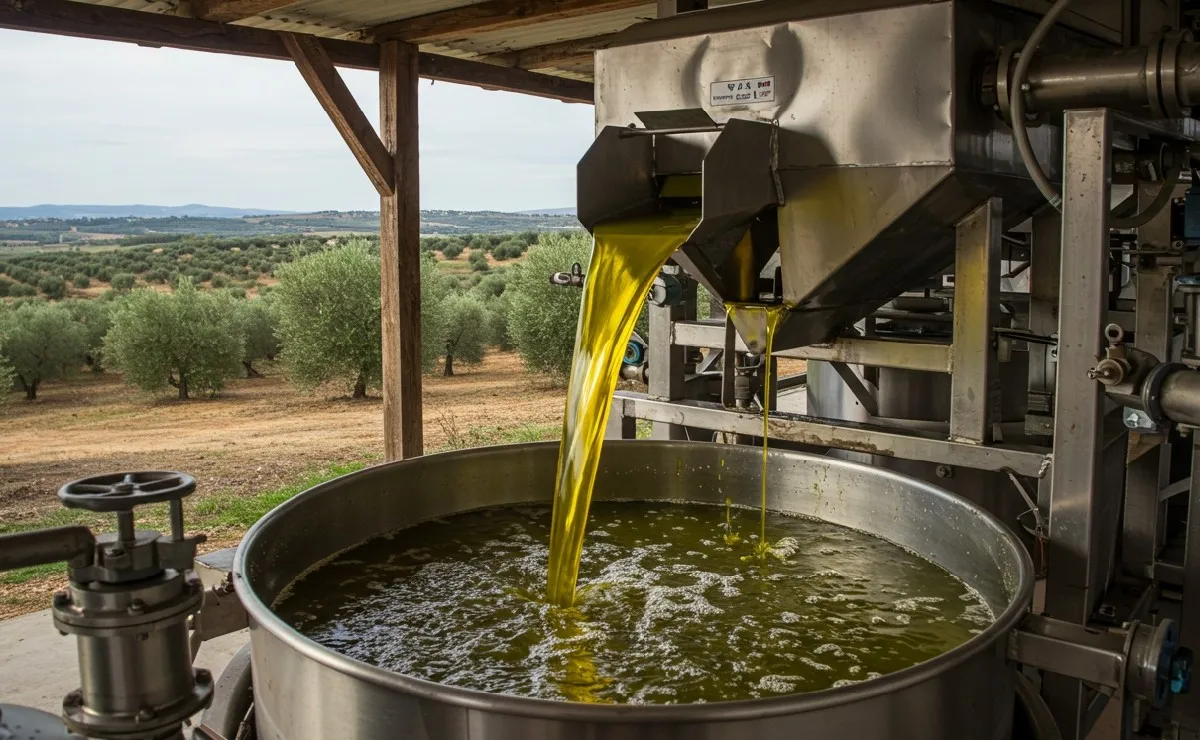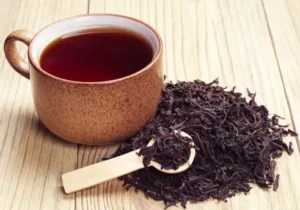Olive oil, considered by many to be the “liquid gold” of food, has been an essential part of the human diet for over two thousand years. Originating in the Mediterranean region, this product has transcended cultures and borders, establishing itself today as a benchmark in healthy nutrition, endorsed by both health experts and international chefs.
Types of olive oil and how to choose the right one. There are different varieties of olive oil, each with specific characteristics that can be adapted to different culinary uses and nutritional needs:
Extra virgin olive oil: It’s the purest and highest quality. Its intense flavor and nutritional profile make it ideal for eating raw, in salads, or on toast.
Virgin olive oil: Similar to extra virgin olive oil, but with a slight acidity. It provides flavor and nutritional value without reaching the standard of extra virgin olive oil.
Refined or normal olive oil: It is a more stable option for cooking at high temperatures, such as frying or sautéing.
Olive pomace oil: It comes from the residues of pressing. Although it’s cheaper, its nutritional value is lower.
Health benefits of olive oil
Olive oil is recognized for its many health benefits thanks to its high concentration of monounsaturated fats, antioxidants, and micronutrients:
- Take care of your heart: It helps reduce LDL cholesterol ( bad cholesterol ) thanks to its vitamin E and healthy fats.
- Antioxidant power: Rich in polyphenols, it helps combat cellular aging and reduces the risk of degenerative diseases.
- Regulates blood sugar: It helps control glucose, making it an ally for people at risk of type 2 diabetes.
- Strengthens bones and digestive system: Provides calcium, iron, magnesium, and zinc, essential for bone health and good digestion.
- Improves skin and hair: Its content of vitamins A, D, and K provides hydration and natural shine.
Olive oil on an empty stomach: a fad or a healthy habit?
Taking a tablespoon of extra virgin olive oil on an empty stomach is a practice that has gained popularity. It is said to have benefits such as improving digestion, cleansing the body, and boosting the metabolism. However, its consumption should be moderate and supervised, especially for people with gastrointestinal conditions or those following a strict diet.
Olive oil in your daily life
Starting the day with whole-wheat toast with olive oil is not only a healthy choice, it also provides energy and helps keep your heart strong. Incorporating it into meals, as a salad dressing or ingredient in stews, enhances the flavor and improves the nutritional profile. It can even be used in beauty routines, such as homemade skin or hair masks.
Mediterranean diet: a model of longevity
The Mediterranean diet, with olive oil as its mainstay, has been recognized by UNESCO as an Intangible Cultural Heritage of Humanity. This eating style, based on fruits, vegetables, whole grains, legumes, and fish, is effective in reducing cardiovascular disease and promoting a longer, healthier life, as observed in countries such as Spain, Italy, and Greece.
Tips for preserving olive oil and maintaining its quality
To take full advantage of the benefits of olive oil, it is essential to store it properly:
- Check the label: Choose oils with a protected designation of origin (PDO).
- Avoid direct light: Prefer dark containers that protect the contents.
- Store in a cool, dry place: Away from sources of heat and humidity.
More than just a condiment, olive oil is a true ally for overall health. Its daily use as part of a balanced diet offers multiple benefits, ranging from disease prevention to aesthetic care. Adopting it means embracing a healthier and more flavorful lifestyle.






















+ There are no comments
Add yours